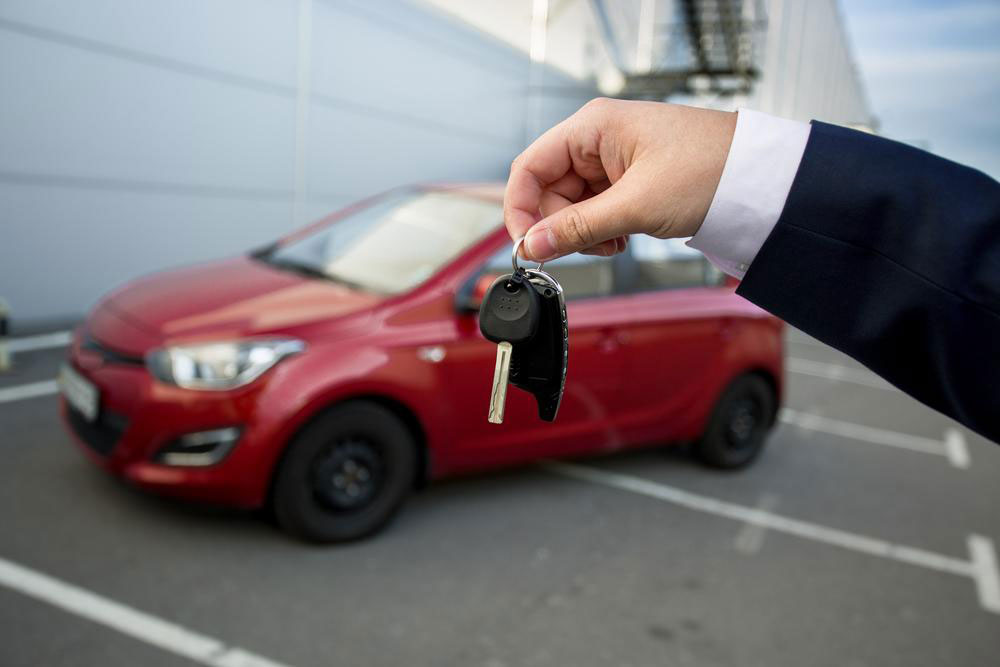Dealer or Private Seller: Which Is the Best Choice for You?
Discover the differences between buying from a dealership and a private seller. This guide highlights the advantages and disadvantages of each option, including costs, verification, negotiation, and warranties. Make an informed choice based on your preferences, budget, and comfort level. Learn key tips for a smooth vehicle purchase, ensuring you get the best deal with confidence and peace of mind.

Choosing Between a Dealer and a Private Seller
Deciding whether to buy a vehicle from a dealership or a private seller is a key step in the car-buying process. Dealerships typically offer inspected, certified vehicles with warranties and financing plans, providing peace of mind. Private sales may offer better prices and room for negotiation but often require more diligence to verify the vehicle’s condition and legal paperwork. Both options have pros and cons, including costs, convenience, and negotiation opportunities. Assess your priorities carefully to make an informed decision.
Key Takeaways:
Buying from a dealer simplifies paperwork, offers warranties, and often includes certified vehicles at fixed prices. Private sellers may allow more bargaining and cash payments but require buyers to verify vehicle condition and documentation independently. Dealerships tend to provide more reliable vehicles, whereas private sales can be more flexible on pricing. Be cautious of sales tactics and research current market prices before negotiating. Choose the option based on your comfort, needs, and budget.
Note:
Our blog provides insights on various topics. While we aim for accuracy, readers should verify details independently and consult multiple sources. The site does not guarantee complete or fully accurate information and recommends thorough research and professional advice when making decisions.


